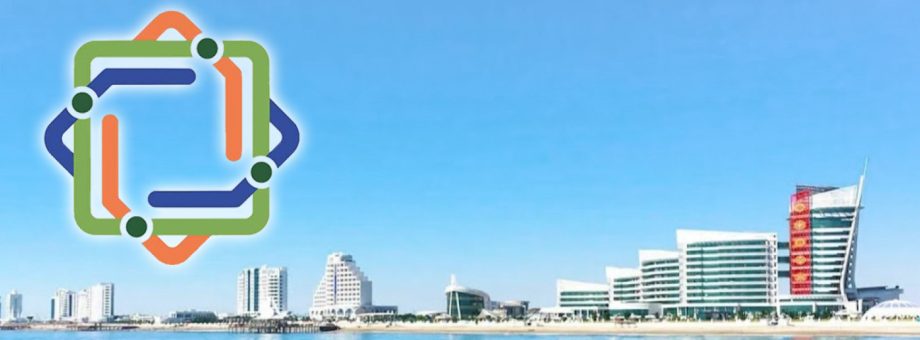Side events at the Third UN Conference on Landlocked Developing Countries

On 7 August 2025, the Third UN Conference on Landlocked Developing Countries included a series of side events organized by UN agencies and other international organizations. The agenda included issues of sustainable economic development of LLDCs.
One of the main events was the event dedicated to the promotion of reforms in landlocked developing countries through technology and innovation. In particular, the importance of introducing advanced technologies into transport and logistics infrastructure, using the capabilities of "smart" transport systems that help reduce trade and transport costs by simplifying and accelerating cargo turnover was noted.
Reports were also heard on the use of environmentally friendly technologies and renewable energy sources, and the development of "green" logistics solutions.
At the event “Implementing the Right to Development in the Context of the Implementation of the Avaza Programme of Action for Landlocked Developing Countries”, organized by the Office of the UN High Commissioner for Human Rights, a discussion of the tasks set in this area took place.
The event, entitled “Strengthening Food Security in Landlocked Developing Countries in Africa: Fostering Private Finance, Expanding Trade and Regional Integration for Sustainable Food Systems,” addressed issues related to this pressing issue, as well as challenges to building the economic potential of the entire continent.
A side event hosted by the United Nations Industrial Development Organization (UNIDO) discussed scaling up innovative solutions to attract investment to the agricultural sector in LLDCs.
On the same day, a session entitled “Investment and Innovation in Landlocked Developing Countries through Scaling Up Solar Energy for Sustainable Development” was held.
Most of the participants' reports were devoted to the opportunities of renewable energy, energy transition and green technologies for LLDCs. Investments and innovations in these areas will help stimulate economic growth in these countries.
Participants in the meeting, which discussed opportunities for landlocked developing countries arising from the Convention on Biological Diversity, focused on addressing challenges arising from international law to ensure environmental sustainability.
The side event on “Application of UN legal instruments in the field of transport and trade facilitation for landlocked developing countries”, organized by the United Nations Economic Commission for Europe (ECE), became one of the main platforms for exchanging views on the importance of legal instruments developed under the auspices of the UN.
The event, “Institutional Frameworks and Digital Public Infrastructure for E-Commerce in Landlocked Developing Countries,” also discussed how to address trade-related challenges.
A side event on Financing Sustainable Development in LLDCs through Integrated National Financing Frameworks, organized by the United Nations Development Programme (UNDP), focused on cooperation and coordinated action in the financial sector.
The side event “Transport Corridors for Economic Development and Trade Facilitation” was organized by the World Trade Organization (WTO).
As noted during the meeting, the necessary infrastructure that ensures the transportation of passengers and goods between different countries and regions, in particular ports, terminals and logistics centers, is an integral factor in economic development.
A side event on sustainable connectivity for landlocked developing countries discussed the topic in light of the challenges these countries face in their economic development and integration into the international trading system.
The event, entitled “Connecting Landlocked Developing Countries to Global Trade Routes: Enhancing Cooperation between LLDCs and Coastal States”, also included transport partnerships.
Overall, the parallel events featured broad constructive discussions on the possibilities of promoting global development through sustainable economic growth in LLDCs. Noting the high organizational level of the meetings, the participants expressed their sincere gratitude to their Turkmen partners for creating excellent conditions for successful work and fruitful cooperation.


 NEWS
NEWS